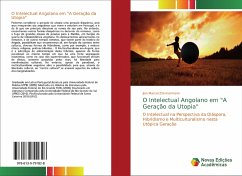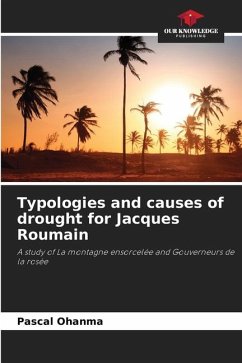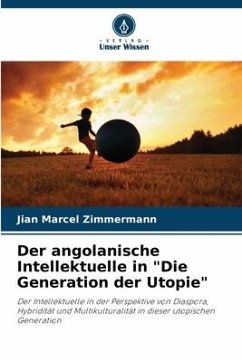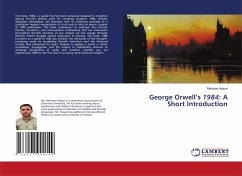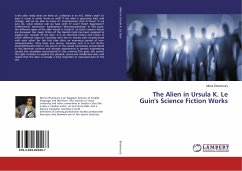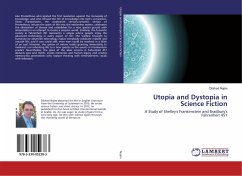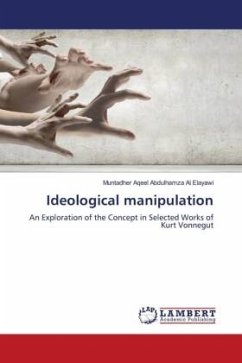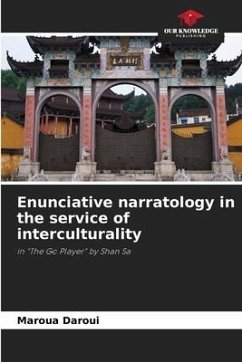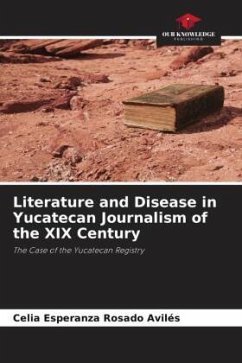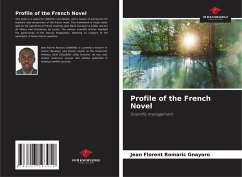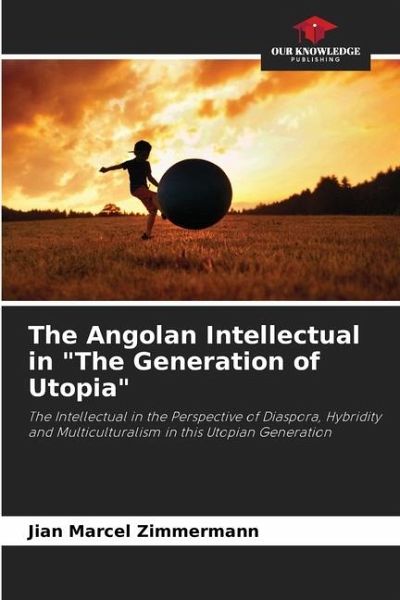
The Angolan Intellectual in "The Generation of Utopia"
The Intellectual in the Perspective of Diaspora, Hybridity and Multiculturalism in this Utopian Generation
Versandkostenfrei!
Versandfertig in 6-10 Tagen
36,99 €
inkl. MwSt.

PAYBACK Punkte
18 °P sammeln!
We can consider the utopia generation a diasporic generation, as its members are Angolans who live and study in Portugal, and it is from there that they initially discuss the direction of their country. However, we find other diasporic forms throughout the novel, such as the flight of large masses of people to Zambia as a result of the Angolan war of independence. The displacements presented in the novel, and from other remote times that are part of Angola's history, make it possible for us to find various forms of hybridity there, due to the contact between cultures, such as ethnic and religi...
We can consider the utopia generation a diasporic generation, as its members are Angolans who live and study in Portugal, and it is from there that they initially discuss the direction of their country. However, we find other diasporic forms throughout the novel, such as the flight of large masses of people to Zambia as a result of the Angolan war of independence. The displacements presented in the novel, and from other remote times that are part of Angola's history, make it possible for us to find various forms of hybridity there, due to the contact between cultures, such as ethnic and religious mixing, hybrid practices... Multiculturalism in Angola, which is the strategy for managing this hybridity, appears in a paradoxical way: at the same time as there is strong economic segregation, as in the case of supermarkets, which operate through foreign currency only possessed by the rich, there is freedom for cultural manifestations. However, despite being paradoxical, Angolan multiculturalism opens up the possibility for aspects of the culture of the marginalised to be added to the "cultural centre" through cultural freedom.



